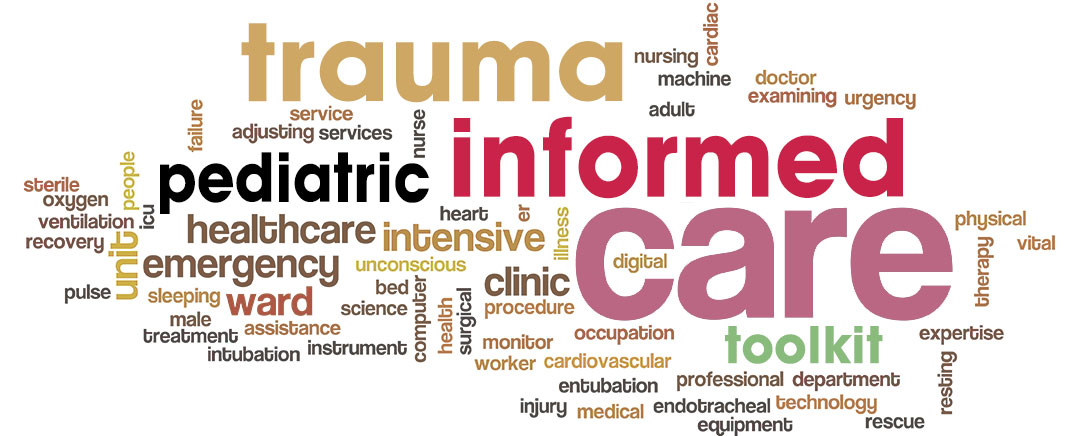Trauma-informed care is gaining recognition as a transformative approach in the mental health field. This model emphasizes understanding, recognizing, and responding to the effects of trauma, which is increasingly seen as a root cause of many mental health issues. By adopting principles such as safety, empowerment, and trustworthiness, trauma-informed care seeks to create supportive environments for individuals who have experienced adversity.
This article explores the core concepts of this framework, its growing impact on mental health practices, and why it represents a paradigm shift in addressing mental wellness.
Understanding Trauma-Informed Care
Trauma-informed care is rooted in the acknowledgment that trauma affects individuals in profound and varied ways. Trauma can stem from a range of experiences, including abuse, neglect, violence, or systemic oppression. These experiences often alter brain function and emotional regulation, manifesting as anxiety, depression, or post-traumatic stress disorder (PTSD).

The trauma-informed approach challenges traditional care models by focusing on the individual’s history and creating a supportive environment that avoids retraumatization. The Substance Abuse and Mental Health Services Administration (SAMHSA) outlines six key principles of trauma-informed care: safety, trustworthiness, peer support, collaboration, empowerment, and cultural responsiveness. These principles guide therapists, counselors, and healthcare providers in creating effective treatment plans tailored to individual needs.
The Impact of Trauma-Informed Practices on Mental Health Treatment
- Improved Patient-Provider Relationships
One of the most significant shifts brought about by trauma-informed care is the emphasis on building trust between patients and providers. Historically, mental health treatment often focused on diagnosing and prescribing without fully considering a patient’s personal history. Trauma-informed care ensures that providers adopt a compassionate and empathetic approach, fostering open communication and reducing feelings of shame or fear. This shift helps patients feel heard, validated, and empowered to engage in their healing journey.

- Integration of Holistic Therapies
Trauma-informed care often incorporates holistic and alternative therapies alongside traditional methods. Techniques like mindfulness, yoga, and art therapy have shown significant benefits in helping individuals process trauma. These practices not only support emotional regulation but also address the mind-body connection, which is often disrupted in trauma survivors. By integrating such therapies, practitioners create a more comprehensive treatment plan that addresses both psychological and physiological aspects of recovery. - Cultural Competence in Mental Health
Cultural responsiveness is a cornerstone of trauma-informed care. Many individuals from marginalized communities face unique barriers to accessing mental health services, including stigma, systemic inequality, and mistrust of healthcare providers. By incorporating cultural competence into treatment, trauma-informed care acknowledges these barriers and tailors interventions to meet diverse needs. This approach ensures that individuals feel respected and understood within the context of their cultural identity.
Trauma-Informed Care in Schools and Communities
The adoption of trauma-informed practices isn’t limited to clinical settings; schools, workplaces, and community organizations are also embracing this framework. In educational settings, for example, trauma-informed care helps educators understand how adverse childhood experiences (ACEs) affect learning and behavior. By creating a safe and nurturing environment, schools can support students in developing resilience and improving academic performance.

Community programs that implement trauma-informed principles also play a critical role in breaking cycles of adversity. These initiatives often provide resources such as peer support groups, mental health workshops, and access to social services. By addressing the broader social determinants of health, trauma-informed care extends its reach beyond individual therapy sessions.
Challenges and Opportunities in Trauma-Informed Care
While the benefits of trauma-informed care are widely acknowledged, challenges remain in its implementation. Training and education are crucial for providers to understand and adopt this approach effectively. Moreover, systemic issues such as underfunded mental health programs and limited access to care continue to hinder progress.

On the other hand, advancements in neuroscience and increased awareness of trauma’s impact offer new opportunities for innovation. For instance, neurofeedback and virtual reality therapies are emerging tools that align with trauma-informed principles, providing safe and controlled environments for patients to process their experiences. As research continues to evolve, the potential for more effective and accessible treatments grows.
The Future of Trauma-Informed Mental Health Care
The rise of trauma-informed care represents a shift toward more compassionate, patient-centered mental health treatment. By addressing the root causes of emotional distress and prioritizing safety and empowerment, this approach holds the promise of improved outcomes for individuals and communities alike. As more organizations adopt trauma-informed principles, the hope is to create a more inclusive and supportive mental health system for all.

Conclusion
Trauma-informed care is not just a trend but a necessary evolution in mental health treatment. Its focus on understanding and addressing the underlying causes of mental health challenges has already transformed countless lives. Whether through individual therapy, community programs, or systemic change, trauma-informed care offers a pathway to healing that prioritizes empathy, trust, and collaboration.
Have you or someone you know benefited from trauma-informed care? Share your thoughts and experiences in the comments, or explore more resources on our website for deeper insights into mental health topics.

Leave a Reply